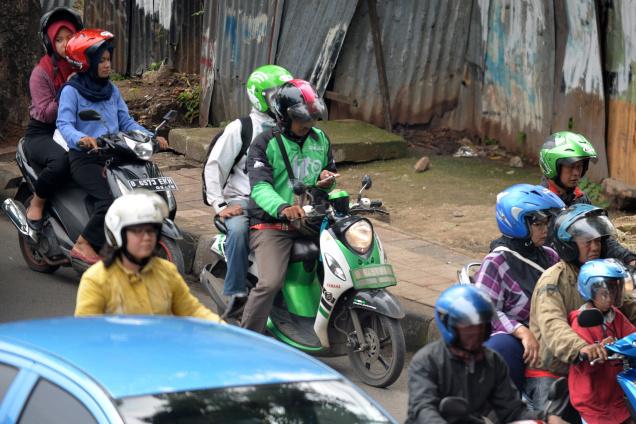
Indonesia’s auto market, dominated by Japanese companies, are facing competition from India’s Tata Motors, Mahindra, TVS Motor and Bajaj Auto as they plan to expand their operations in the South Asian nation.
“Japanese brands have a strong presence in our market. Indian companies also produce good quality products. But, they have to fight a lot to grab share and position in Indonesia. However, overall it is good for the Indonesian customers that presence of Indian brands has increased competition and created more choice for the people,” Saut Siringoringo, Indonesia’s Consul General in Mumbai told The Hindu.
Indonesia is the third largest two wheeler market in the world. It has also transitioned from being merely an export-oriented car production hub to a major consumption centre for vehicles on the back of rising per capita GDP. Japanese brands such as Honda, Yamaha and Suzuki have a combined market share of over 90 per cent in two wheelers. Toyota, Honda and Suzuki dominate in cars.
Indian companies such as Tata, TVS Motor and Bajaj have been actively expanding in Indonesia with their new product ranges. Now, Mahindra & Mahindra is looking to tap Indonesian market. It plans to sell its trucks in Indonesia, which has huge transportation needs.
“I find growing interest among the Indian vehicle companies as well as component makers to come to Indonesia,” he said adding, “the availability of huge cheap labour coupled with growing consumption from the middle class have been attracting companies. Also, Indonesia is a highly urbanised economy in South East Asia.
“Meanwhile, we are not only inviting Indian companies to invest in Indonesia, but also facilitating our companies to set up shops in India as part of the make in India campaign. At least five companies across agro, food and IT sectors have set up operations in south India in the recent past,” he added.
Mr.Siringoringo said that his immediate term focus would be to promote people-to-people contact and more cultural events.
“Both countries have had close cultural and historic links. The influence of ancient Indian culture can be seen in Indonesia’s culture. The confidence level has to go up to drive bilateral trade,” he added.